Image by Geovanny Castro from Castro Auto Detailing.
One of the biggest frustrations with protective coatings is the long drying time.
One of the biggest frustrations with protective coatings is the extended downtime - waiting 12-24 hours before driving can feel like an eternity, especially when you’re eager to get back on the road.
In this article, we’ll explore three efficient methods to significantly reduce drying times, allowing you to get back on the road faster without sacrificing the quality or durability of the coating.
Drying Time vs. Curing Time
Before we discuss ways to speed up drying time, let's clarify a common misconception about protective coatings.
There are two important "times" to keep in mind: drying time and curing time.
- Drying time refers to how long the protective coating takes to dry to the touch and become safe for driving. During this period, the car should stay off the road to avoid contaminants that can affect the coating’s integrity. Curing time, on the other hand, is how long the coating takes to fully bond with the surface, usually 4-7 days. While curing time can’t be rushed, our focus here is on minimizing the drying time.
- Curing time is different. It refers to the period it takes for the coating to fully bond with the car's surface after it has dried. This process usually takes between 4-7 days for most protective coatings, and unfortunately, it can't be rushed too much. During this time, avoiding washing your car or exposing it to extreme conditions is crucial.
In this post, we’ll focus on speeding up the drying time so you can safely drive your car sooner.
1st Way: Use New Gen Protective Coatings
Coatings like our Pro will last years and their application process is a breeze.
2nd Way: Use Quick Dry Coatings / Toppers
Quick-dry coatings and toppers are ideal for detailers looking to minimize downtime.
Products like our Glossenhancen dry in just 1 hour, making them perfect for both standalone applications or as toppers to accelerate the drying process of base coatings. Their versatility and speed give detailers a competitive edge, allowing for faster turnaround times without sacrificing protection or gloss.
Ivan Thompson from I.T Fine Detailing showing off his recent work with Glossenhancen.
This means you can enjoy the benefits of a fresh coating without the long wait, whether you’re preparing a customer’s car or just your own.
3nd Way: Utilize the Drying Lamps (IR and UV)
Infrared (IR) drying lamps have long been used in body shops and detailing environments to speed up the drying process by heating coatings from the inside out. While they can reduce drying times significantly - cutting a 12-hour ceramic coating cure to around 4-6 hours - these lamps come with a hefty price tag and require ample space to set up properly.
For small garages or mobile detailers, the size and cost (starting at $200, going beyond $1,000 for professional models) make them a challenging investment. Additionally, IR lamps still require several hours of drying time, which isn’t optimal in 2024 when faster, more efficient solutions exist.
UV lamps, though slightly more compact and capable of curing UV-compatible coatings in under 30 minutes, also come with drawbacks. They require specialized, often more expensive, UV-cured coatings and carry safety concerns due to the harmful effects of UV light exposure. This makes the process both expensive and impractical for many detailers.
While IR and UV drying lamps were once popular for speeding up drying times, they have become increasingly obsolete in 2024. With the advent of fast-curing coatings that dry rapidly without additional equipment, the cost and complexity of using IR or UV lamps simply isn’t justified.
For most detailers, these setups are expensive, bulky, and unnecessary given modern product advancements.
What Should You Use?
The best method really depends on your needs and situation.
We would NOT recommend bothering with IR or UV lamps in 2024. No sir!
Conclusion
By opting for new-generation coatings or quick-dry toppers, you can significantly cut down on drying times, saving time and improving efficiency. In 2024, the best choice is clear: leverage modern coatings and avoid the unnecessary cost and hassle of IR or UV lamps, which are no longer essential in today’s detailing landscape.
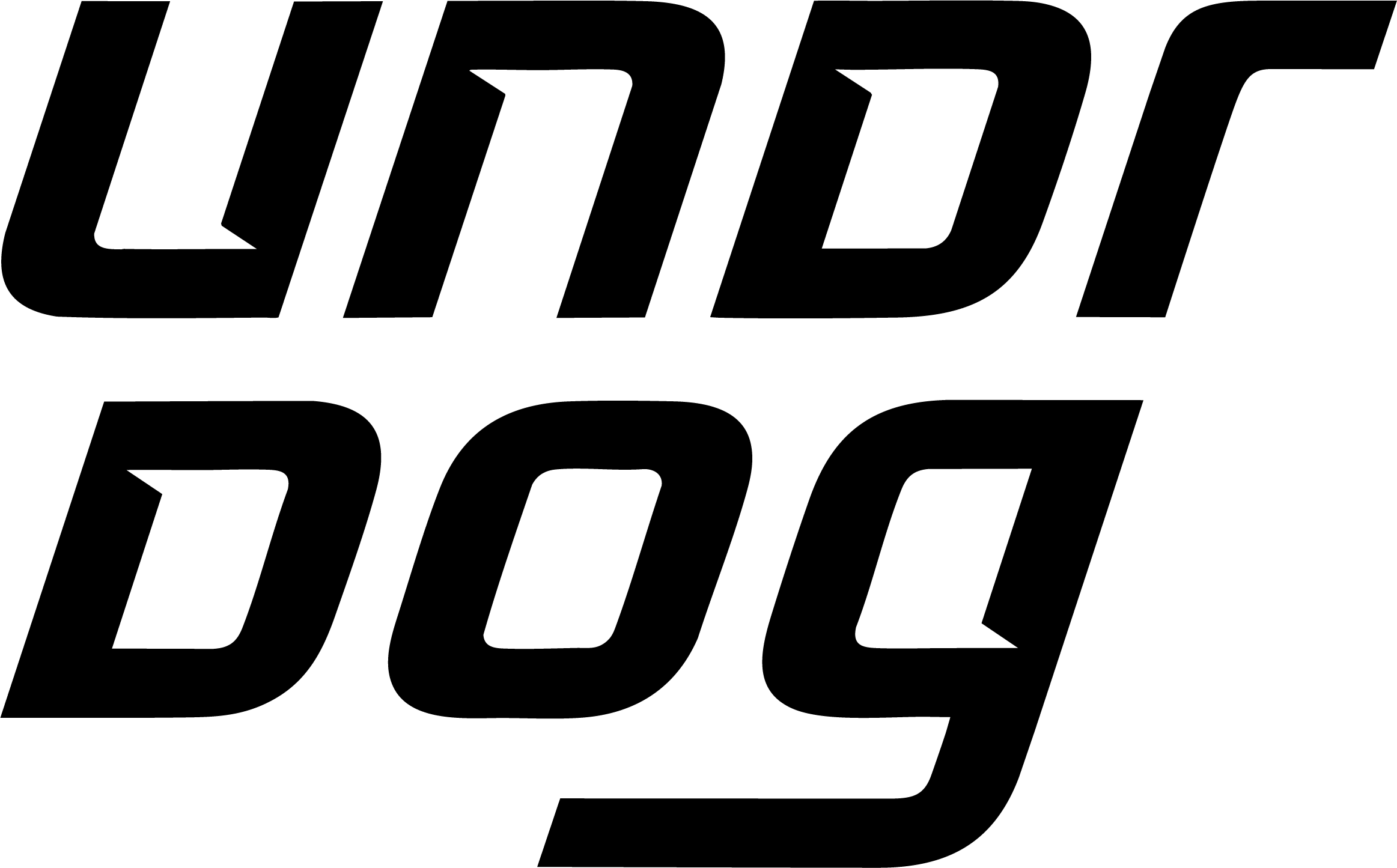
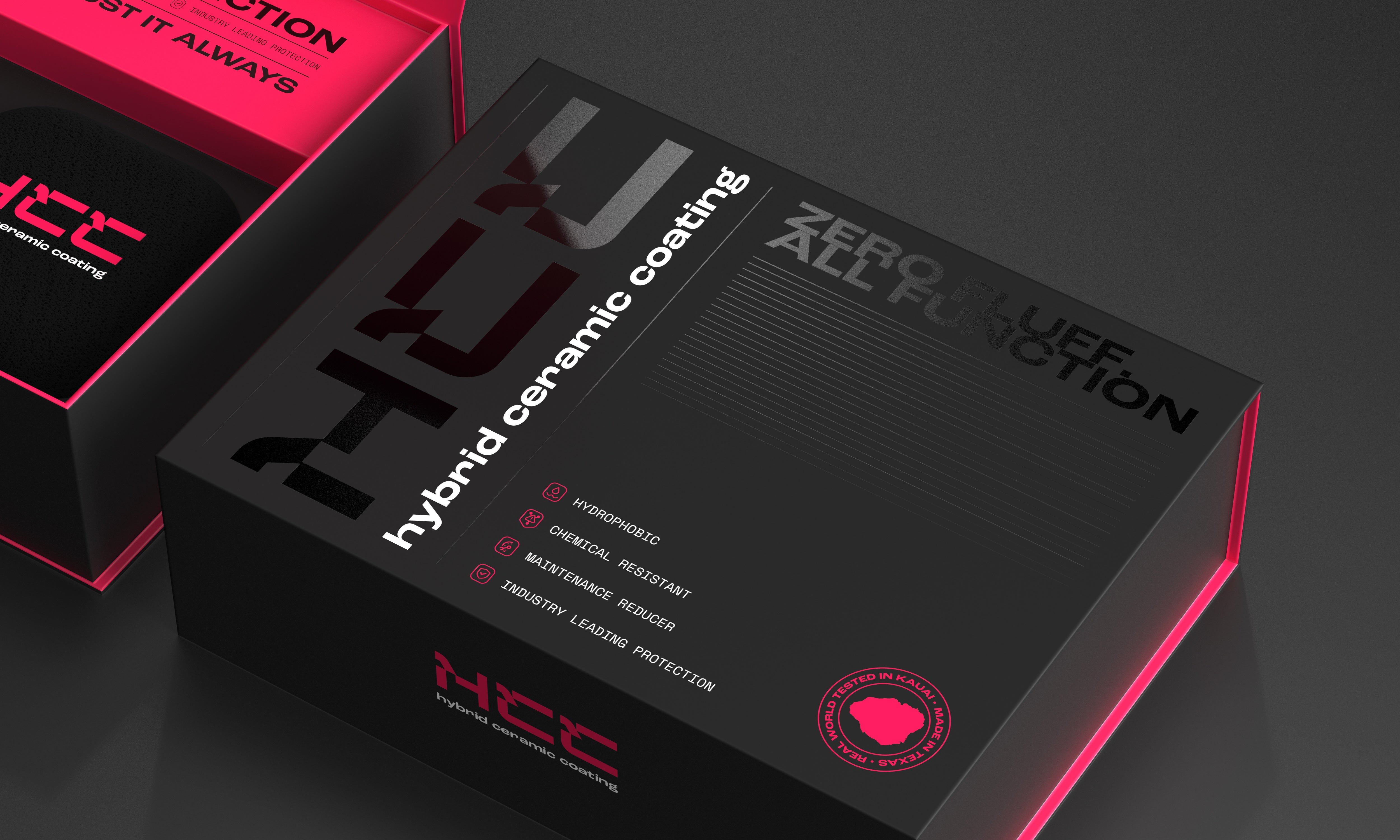
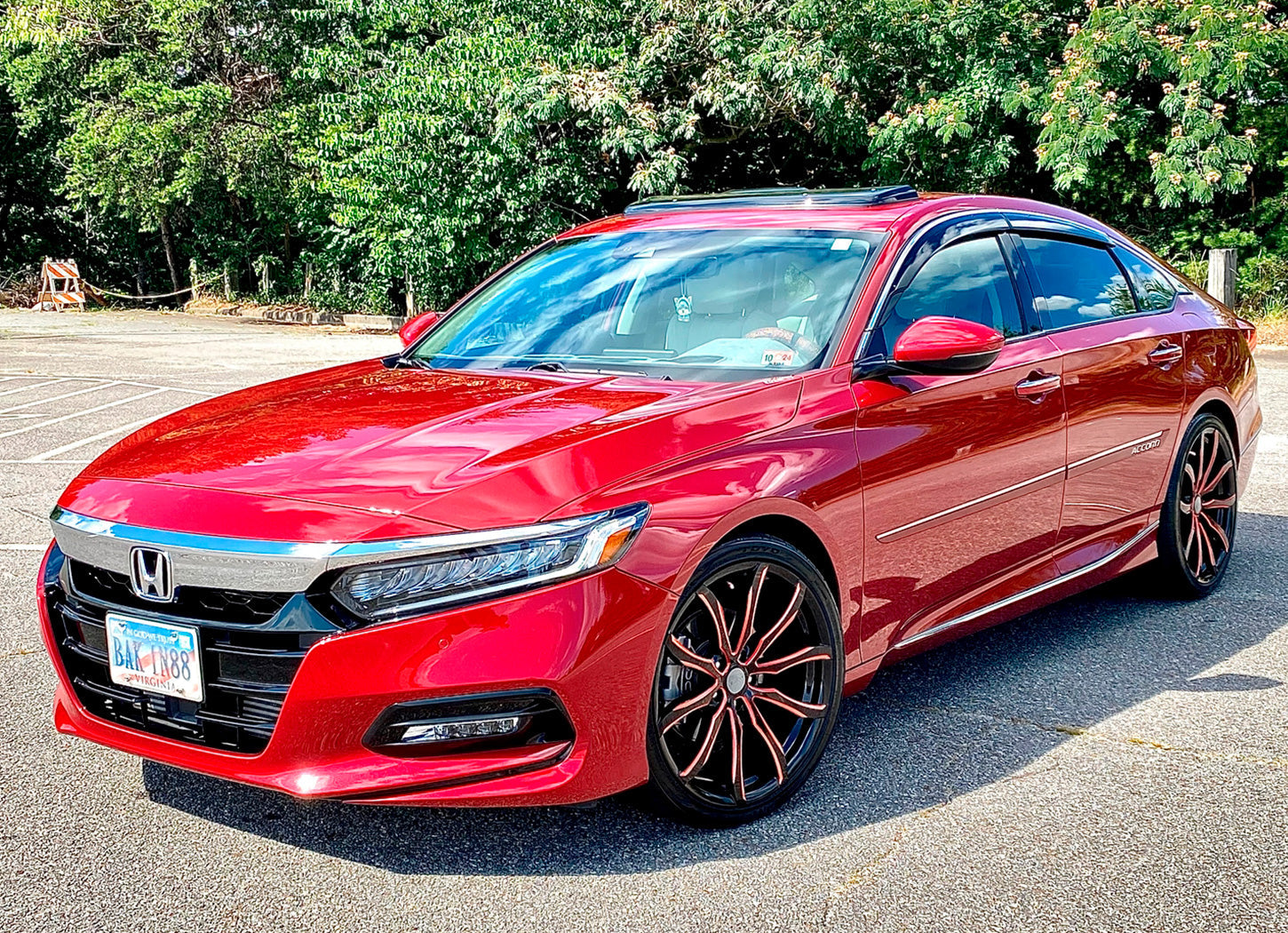
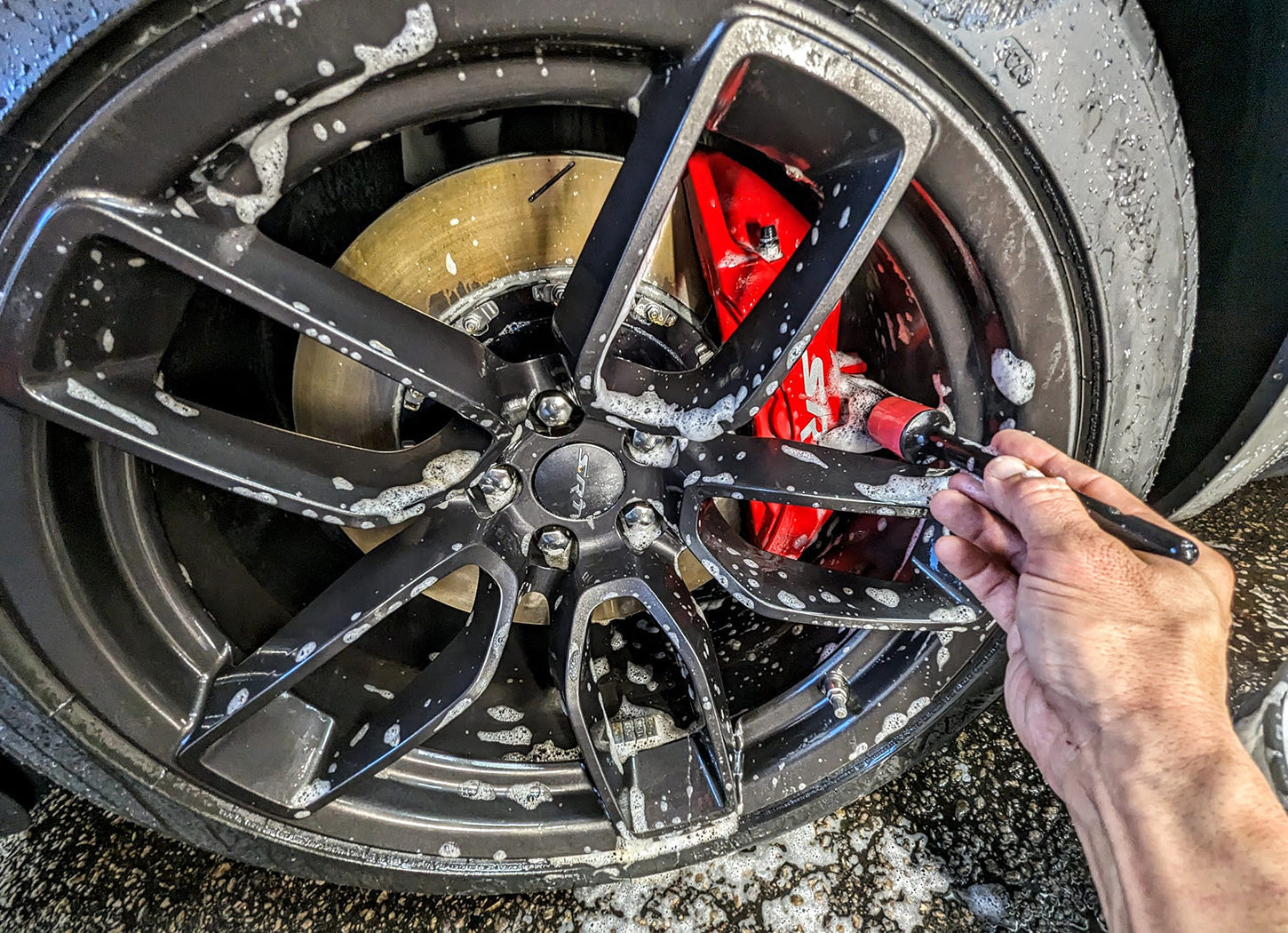
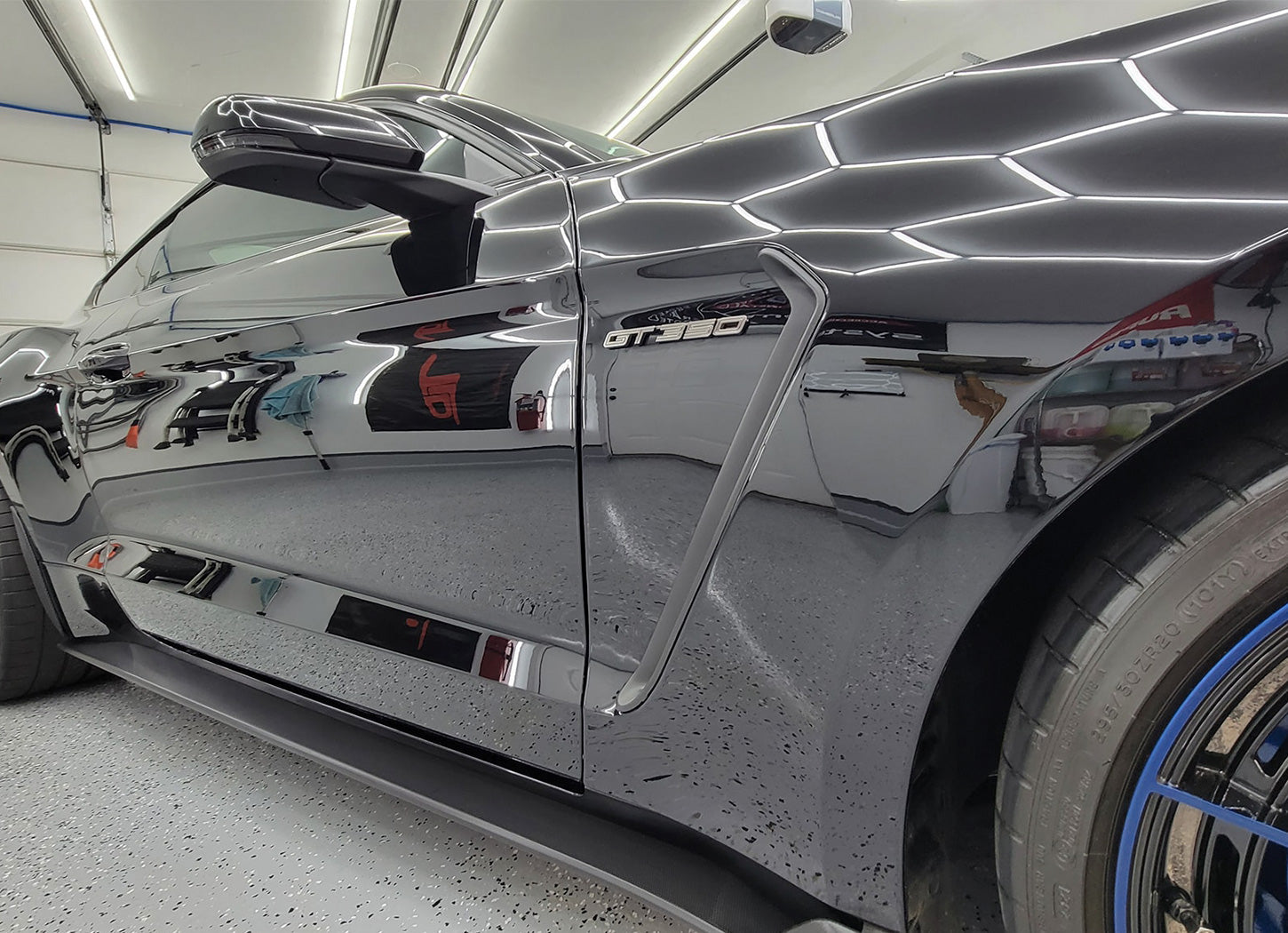
76 comments
😈🍆 Dating for sex. Confirm ⭐➜ yandex.com/poll/43o224okZdReGRb1Q8PXXJ?hs=1513553bcf3b63d9116355e485437228& Scheduled Reminder № MRJD6806992 😈🍆
twna7e
🫦💦 Sex Dating. Go > yandex.com/poll/LZW8GPQdJg3xe5C7gt95bD?hs=1513553bcf3b63d9116355e485437228& Notification № 5774 🫦💦
jtpyrq
🔎 ⚠️ WARNING - You received 1.2 BTC! Tap to accept >> https://graph.org/Get-your-BTC-09-04?hs=1513553bcf3b63d9116355e485437228& 🔎
r0wcds
🔒 ⚠️ Reminder - 1.6 BTC ready for transfer. Continue → https://graph.org/Get-your-BTC-09-04?hs=1513553bcf3b63d9116355e485437228& 🔒
5win85
📨 Security Notice: 1.9 BTC transfer requested. Authorize? > https://graph.org/Binance-10-06-3?hs=1513553bcf3b63d9116355e485437228& 📨
k2vu4h
Leave a comment
This site is protected by hCaptcha and the hCaptcha Privacy Policy and Terms of Service apply.